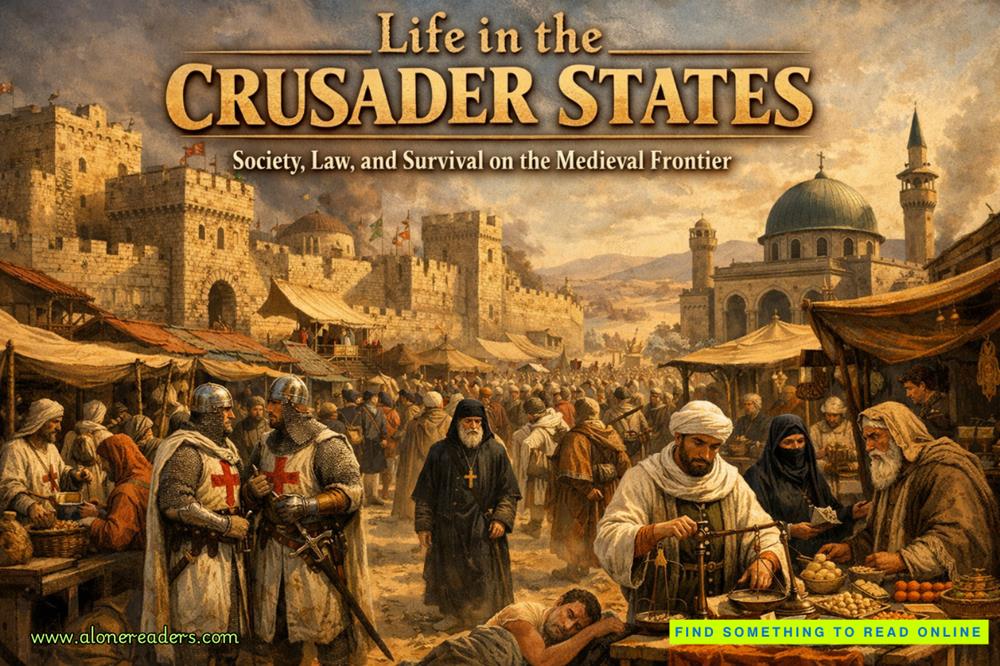I walked McEvoy back to my office, which had been the dispatch room when the building was the operations center of a taxi company in the 1960s. After that, it was an artists’ co-op for half a century, and I’d bought it in a bankruptcy auction. The small room where I had a desk had an internal window that looked out on the rest of the warehouse, including the cage. It also had an old stand-up Mosler safe that was too heavy ever to be moved and a private bathroom with what appeared to be hundred-year-old fixtures.
I stepped behind the desk and pointed McEvoy to the chair on the other side.
“Have a seat,” I said as I sat down. “You asked about intrusion into the cage. We’re not so worried about that. I think we have that buttoned up pretty good, and one of us takes the external drive home every night. My main concern is bringing someone I can’t trust inside the wire.”
“Meaning me,” McEvoy said.
“Exactly. So I had Cisco spend most of the weekend running you down. I trust him and he’s very good at what he does. He’s been with me a lot of years, and he says you’re clean. He told me you even went to jail once for protecting a source.”
“Sixty-three days.”
“I’ve had days in jail too. Not fun. Anyway, before we go any further, I need you to sign a few documents that will make me feel okay about you being part of this and writing about it down the line.”
“Good. What do you want me to sign?”
I opened a drawer and brought out the three paper-clipped documents I had prepared Sunday while watching the football playoffs. I slid them across the desk.
“I’ve got a nondisclosure that’s pretty basic,” I said. “You can’t reveal anything you see or hear on this case until the trial reaches a conclusion by settlement or verdict.”
“Is settling a consideration?” McEvoy asked. “That would be anticlimactic. For a book, I mean.”
“Well, it’s not really my call. It’s my client’s decision, but she has turned down all offers so far because they don’t include what she wants more than money. She wants what I call a triple-A settlement: accountability, action, and apology.”
“I get two out of three. What action do you—or does she—want?”
“We want them to fix their damn product that got her daughter killed.”
“Right.”
I pointed to the three documents McEvoy had spread out on the desk in front of him.
“Then there is a personal declaration that you are not working in any capacity for Tidalwaiv,” I said.
McEvoy scoffed.
“Are you serious?” he said.
“Deadly serious,” I said. “This is my get-out-of-jail-free card. If it turns out you’re working as a double agent, this will get me a new trial.”
“Okay, fine. What’s the third one?”
“That’s about the book. I want to see the manuscript before you publish it.”
McEvoy was shaking his head before I finished the sentence.
“I can’t do that,” he said. “No journalist shows the subject of a story the story before it’s published. No good journalist, anyway.”
“You’re not a journalist anymore, Jack,” I said. “At least not here. You’re part of the plaintiff’s team now. I’m going to put you to work in the cage, and you will become part of the case. You’re an employee, and as your employer, I can demand access to and approval of work product. If you sign these documents, you will also be bound by attorney-client privilege, which extends beyond the verdict and judgment in this case. Both my client and I want to make sure you don’t violate that privilege.”
“Are you paying me?”
“Not now. When you sell the book, you get paid. Look, I’m not debating this. You want in on this case, sign the docs. If you don’t want to, let’s just shake hands and say it didn’t work out.”
McEvoy stared at the documents on the otherwise empty desk for a long moment.
“Can I have a lawyer look at these?” he finally asked.
“Sure,” I said. “I recommend it. But you’re not going in the cage until I have them signed and in the safe.”















